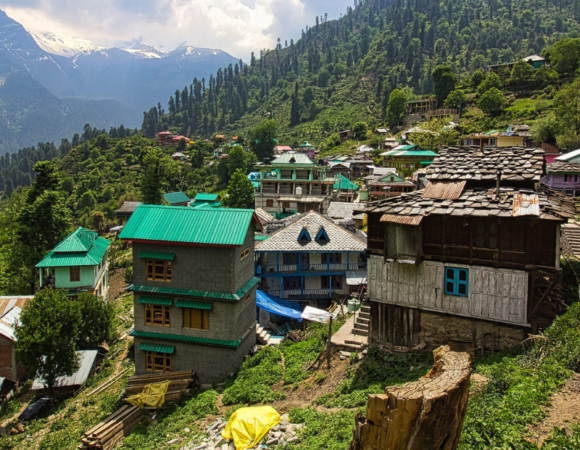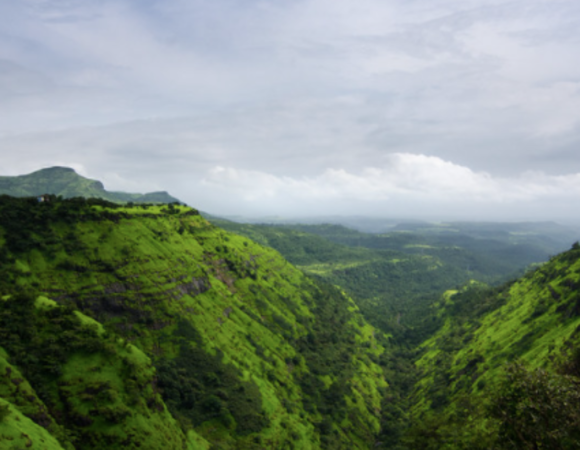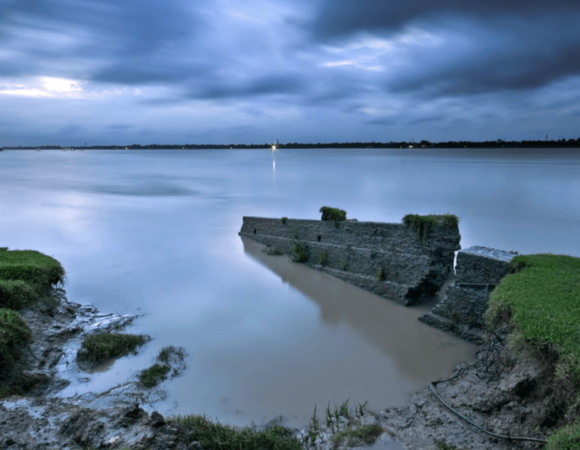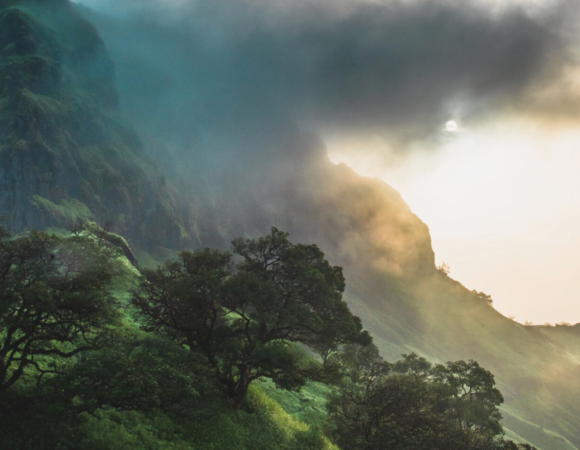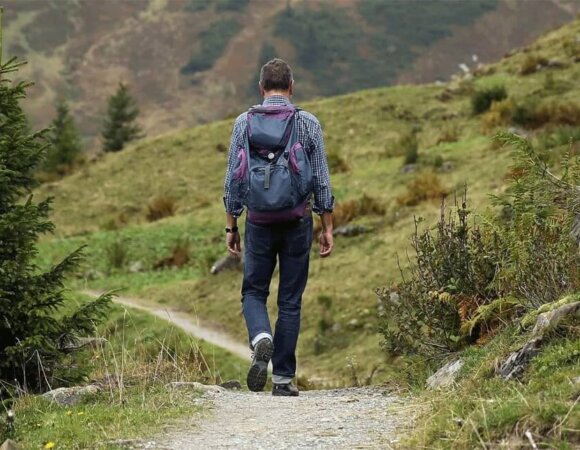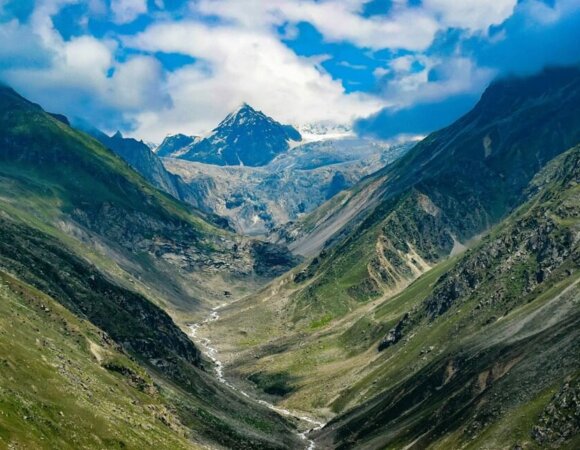Importance of Protein During Treks for Muscle Repair and Energy
Discover the Importance of Protein for Muscle Repair and Energy and what role it play in trekkers.
Table of Contents
ToggleTrekking involves a substantial physical strain on the body, necessitating resilience, power, and stamina to cross rough terrain and difficult circumstances. Proper diet, particularly protein, is critical in sustaining these physical activities. Protein is required for muscle repair after activity and to restore energy stores, guaranteeing peak performance throughout your walk. This article discusses the relevance of protein in muscle regeneration and giving the energy required to overcome the demands of trekking.
Protein and Its Role
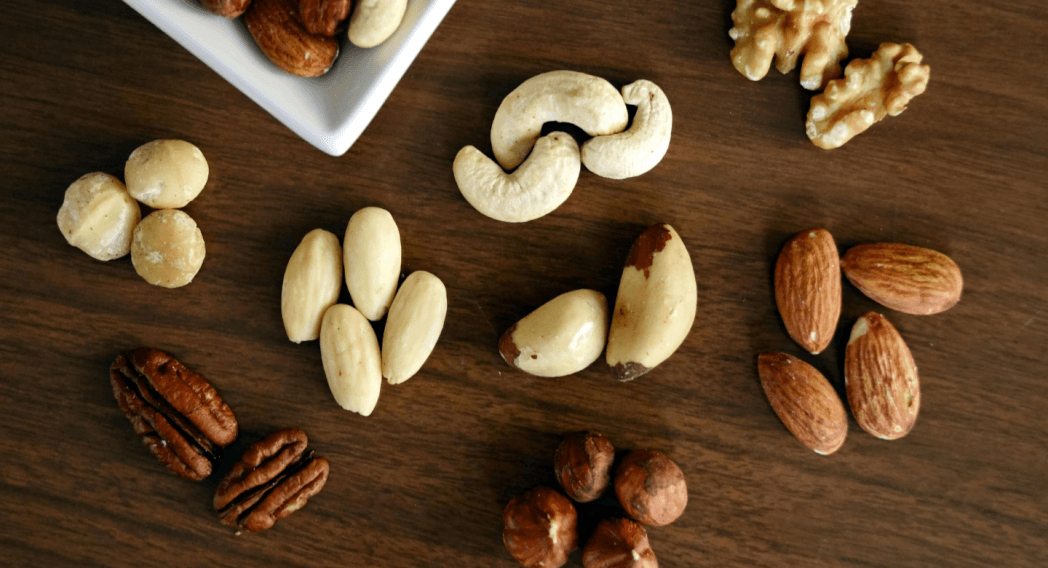
Protein is one of the essential nutrients your body needs to stay healthy and strong. It’s made up of building blocks called amino acids, which help repair tissues, build muscles, and even support your immune system. When you trek, your muscles work hard to carry you across difficult paths, and that’s where protein comes in. After intense physical activity like hiking, protein helps repair muscle fibers that get damaged, ensuring you can recover quickly and be ready for the next challenge.
Besides muscle repair, protein also plays a key role in energy production. While carbs are your body’s main energy source, protein provides backup energy when your body needs it, especially during long or tough treks. It helps keep you fueled and ensures you don’t run out of steam on the trail.
Why Trekkers Need Protein
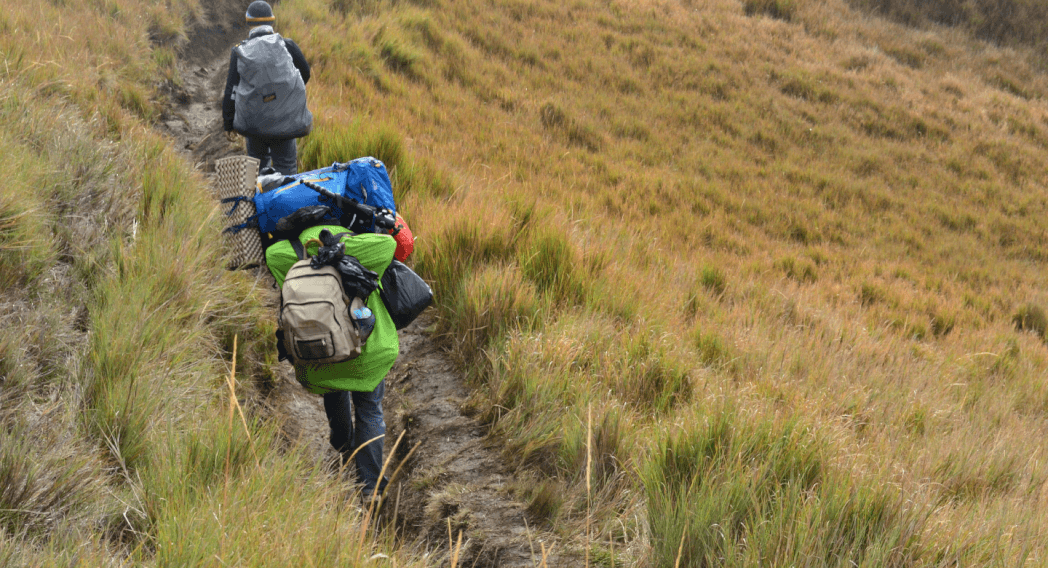
Trekking on rugged terrains puts a lot of stress on your muscles. The constant uphill climbs, descents, and uneven surfaces cause muscle wear and tear. Protein helps rebuild these muscles, keeping them strong and ready for the next stretch of the journey.
Long treks and high-altitude conditions also increase your energy needs. Your body burns more calories, and protein is crucial to keep your energy levels up, especially when carbs alone aren’t enough. Without enough protein, you might feel tired, weak, or even start losing muscle mass.
In short, protein is your body’s secret weapon during a trek. It helps repair your muscles, fuels your body with energy, and prevents fatigue, ensuring you can keep going, no matter the challenges ahead.
Protein Requirements for Trekkers
When you’re trekking, your body needs more protein than usual to support muscle recovery and energy. For active individuals, the general recommendation is about 0.8 grams of protein per kilogram of body weight per day. However, trekkers and those involved in intense physical activities may require more — typically between 1.2 to 2 grams per kilogram, depending on the level of exertion. For example, if you weigh 70 kg (154 lbs), you might need anywhere between 84 to 140 grams of protein per day when trekking.
Factors Affecting Protein Needs
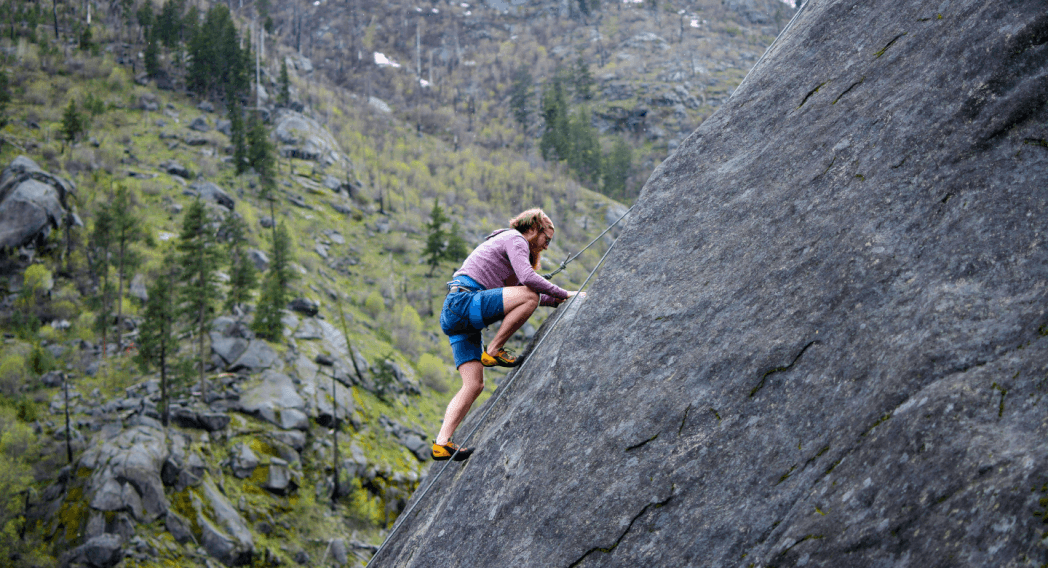
Several factors can impact how much protein you need during a trek:
Trek Duration: Longer treks mean more time on your feet, which leads to increased muscle wear. The longer you’re trekking, the more protein your body will need to repair muscles and prevent fatigue.
Altitude: At higher altitudes, your body burns more calories and requires additional protein to cope with the added stress. The air is thinner, and your muscles are working harder, so your protein needs may increase even more.
Intensity: The more challenging your trek (steep climbs, rough terrain), the more your muscles will break down, requiring extra protein for recovery.
Best Protein Sources for Trekkers
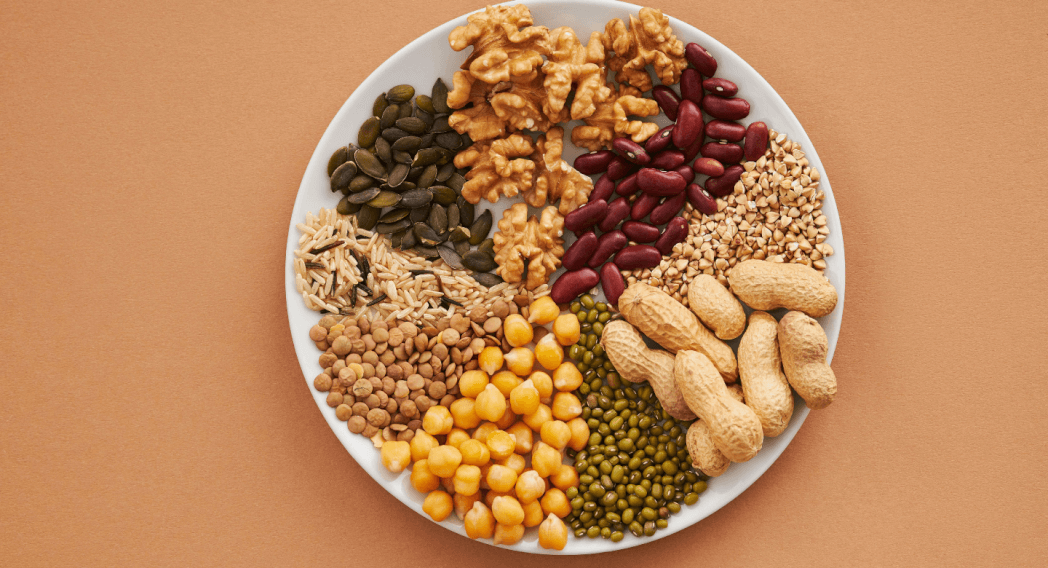
| Category | Best Protein Sources |
| Natural Sources | Nuts (almonds, cashews, etc.), Seeds (chia, pumpkin, sunflower), Dairy (cheese, yogurt, milk), Legumes (beans, lentils) |
| Portable Options | Protein bars, Trail mixes (with nuts and seeds)Powdered protein shakes |
| Plant-Based Options | Lentils, Quinoa, Soy products (tofu, edamame) |
When and How to Consume Protein During Treks
Pre-Trek Meals:
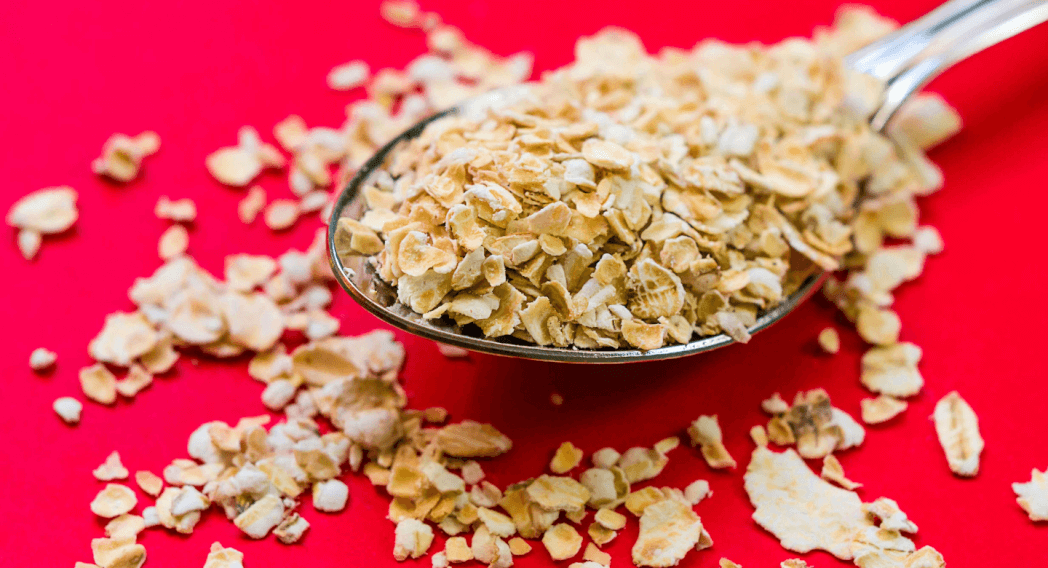
Eating the right foods before your trek helps to build energy that will fuel your muscles and keep you strong throughout the hike.
How to do it: Focus on meals that provide a good balance of protein, complex carbohydrates, and healthy fats. This will give you lasting energy and prevent quick energy crashes. Some Indian food options include:
- Dal (lentils) with brown rice or chapati – A great source of protein and carbs.
- Oats porridge with nuts and fruits – A combination of complex carbs and protein.
When to eat: Aim to eat 1-2 hours before you start your trek. This gives your body time to digest and absorb nutrients.
Protein Intake During the Trek
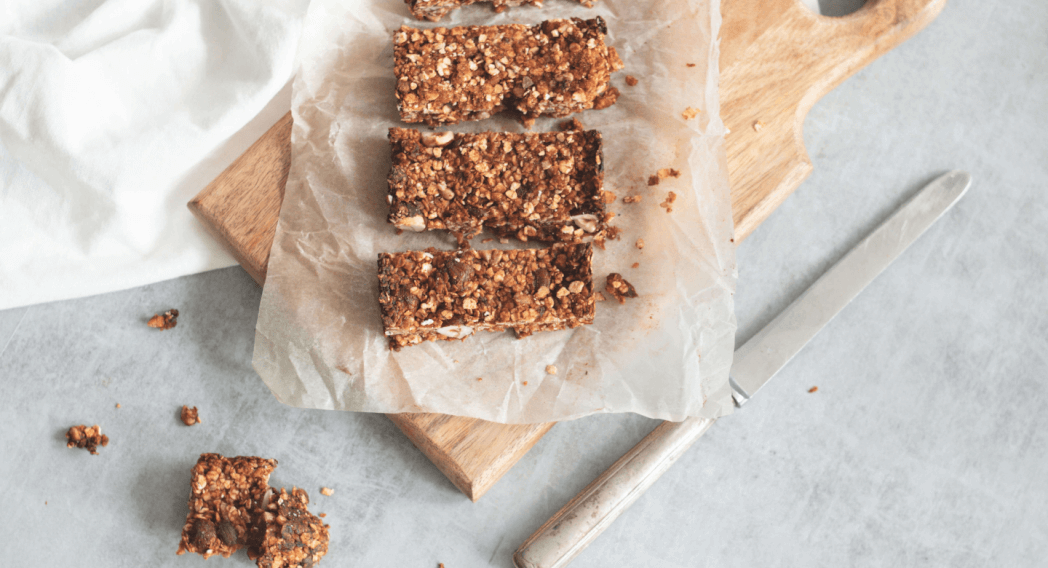
During your trek, your body needs protein to sustain muscle function and prevent breakdown from long hours of physical activity.
How to do it: Choose protein-rich, easy-to-carry snacks that help maintain energy levels. Good options for trekkers in India include:
- Chana (roasted chickpeas) – A light, protein-packed snack.
- Peanut chikki or sesame bars – A mix of protein and healthy fats.
- Trail mix with nuts, seeds, and dried fruits – A great combination of protein, carbs, and fats.
When to eat: Snack every 2-3 hours during the trek to keep your energy steady.
Discover High-Energy Snacks for Trekking
Post-Trek Meals
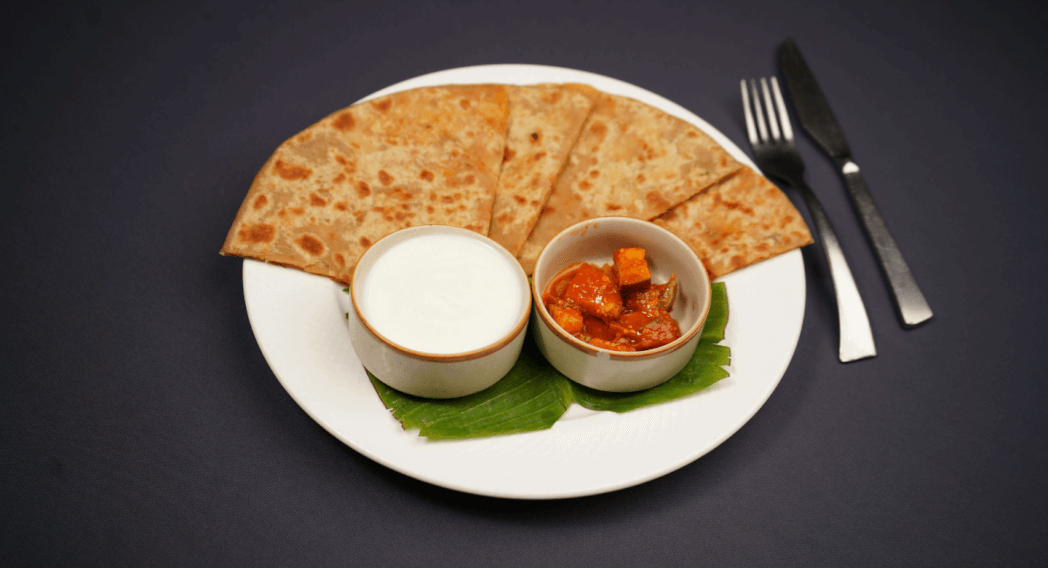
After the trek, your muscles need the right nutrients to recover from the exertion and rebuild.
How to do it: Eat a meal that has both protein and carbohydrates to aid recovery and replenish glycogen stores. Some Indian food options include:
- Paneer with chapati – Protein and carbs to rebuild muscle and restore energy.
- Curd (yogurt) with fruits and a handful of nuts – Good protein source for recovery, along with healthy fats and carbs.
- Masoor dal with rice – A vegetarian protein source with complex carbs.
When to eat: Consume your post-trek meal within an hour of completing the trek to speed up recovery.
Common Mistakes to Avoid
Over-reliance on protein supplements.
Protein supplements are convenient, but they should not replace whole, nutrient-dense foods. Whole foods provide additional vitamins, minerals, and fiber that supplements can’t.
Neglecting hydration while consuming protein-rich foods.
Protein needs water to be properly digested and absorbed. If you’re not drinking enough water, consuming too much protein can strain your kidneys and lead to dehydration.
Ignoring the balance between protein, carbs, and fats.
Focusing too much on protein without balancing it with carbohydrates and fats can leave you feeling sluggish or low on energy.
Let’s Sum Up
Proper nutrition is the backbone of a successful and enjoyable trekking experience, with protein playing a vital role in muscle repair and sustained energy. As trekking challenges your body with continuous movement over rugged terrain, ensuring an adequate intake of protein helps prevent muscle fatigue, aids recovery, and maintains stamina throughout the journey. By thoughtfully incorporating protein-rich foods into your diet before, during, and after treks, you can strengthen your body, enhance endurance, and reduce the risk of injuries. Prioritizing balanced nutrition empowers you to explore confidently and recover efficiently, making every trek both safe and fulfilling.
References
Transcaucasian Trail. (2024, May 22). Introduction to Hiking Nutrition – Transcaucasian trail. Transcaucasian Trail – Building a World-class Hiking Trail Network Across the Caucasus.
Smith, M. (2023, December 6). Is protein good for hiking? – Rootana. Rootana.
Frequently Asked Questions(FAQs) on the Importance of Protein During Treks: Muscle Repair and Energy
Why is protein important during trekking?
Protein helps repair muscle tissue, prevents muscle breakdown, and supports sustained energy levels during physically demanding treks.
How much protein should I consume while trekking?
Active individuals should aim for 1.2–2.0 grams of protein per kilogram of body weight daily, depending on trek intensity.
Can I rely solely on protein bars during a trek?
While protein bars are convenient, it’s best to balance them with whole food sources like nuts, seeds, eggs, and lean meats for comprehensive nutrition.
What are some easy-to-carry protein sources for treks?
Portable options include trail mix with nuts and seeds, protein bars, jerky, roasted chickpeas, and protein powder sachets.
Is plant-based protein enough for trekking?
Yes! Plant-based trekkers can rely on foods like lentils, quinoa, tofu, nuts, and seeds to meet protein needs.
Should I eat more protein at high altitudes?
Yes. High altitudes increase muscle breakdown, so increasing protein intake supports muscle preservation and energy.
When should I consume protein during a trek?
Include protein in every meal—pre-trek for energy, during for endurance, and post-trek for muscle recovery.
Can too much protein be harmful while trekking?
Excessive protein without enough water can strain the kidneys and cause dehydration. Balance protein intake with hydration.
Is protein alone enough for trekking energy?
No. A balance of protein, carbohydrates, and healthy fats is essential for sustained energy and recovery.
Are protein supplements necessary for treks?
Not always. Whole food sources are ideal, but protein powders or bars can be helpful for convenience and meeting daily needs.


